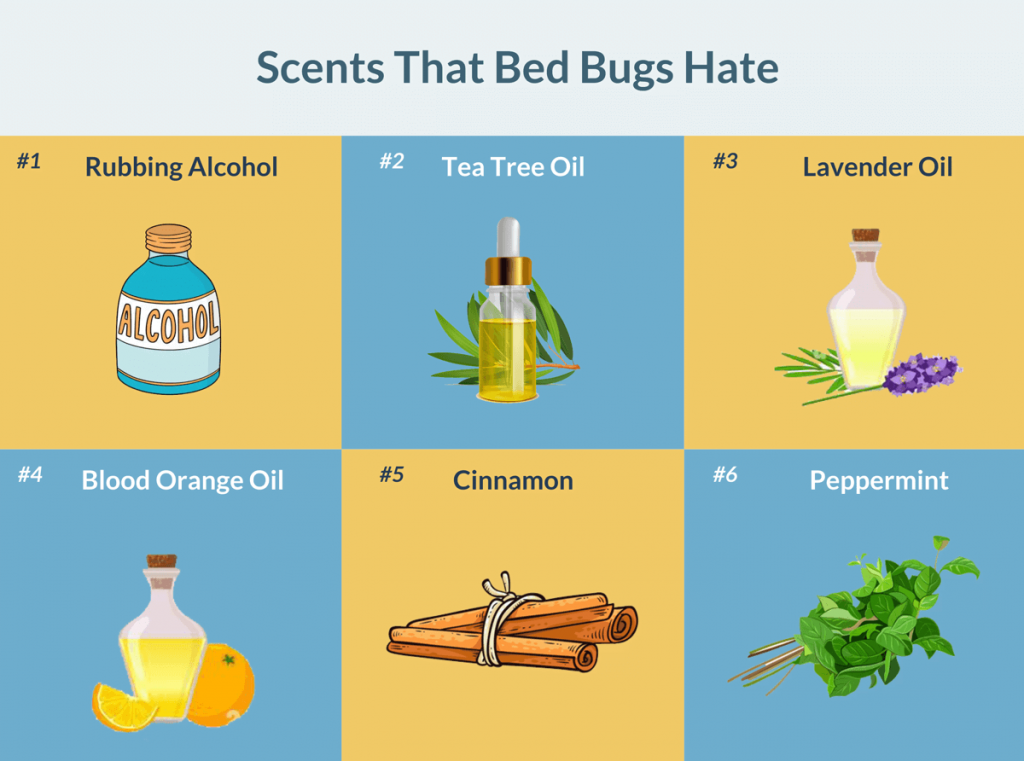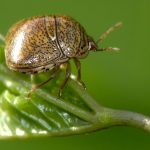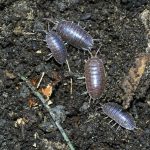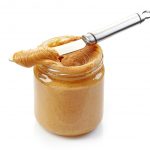As someone who has dealt with bed bugs before, I know how difficult it can be to get rid of them. But what do bed bugs hate? It turns out there are a few surprising ways to keep these bugs away. In this article, I’ll share some of the most effective methods for keeping bed bugs away.
What Are Bed Bugs?
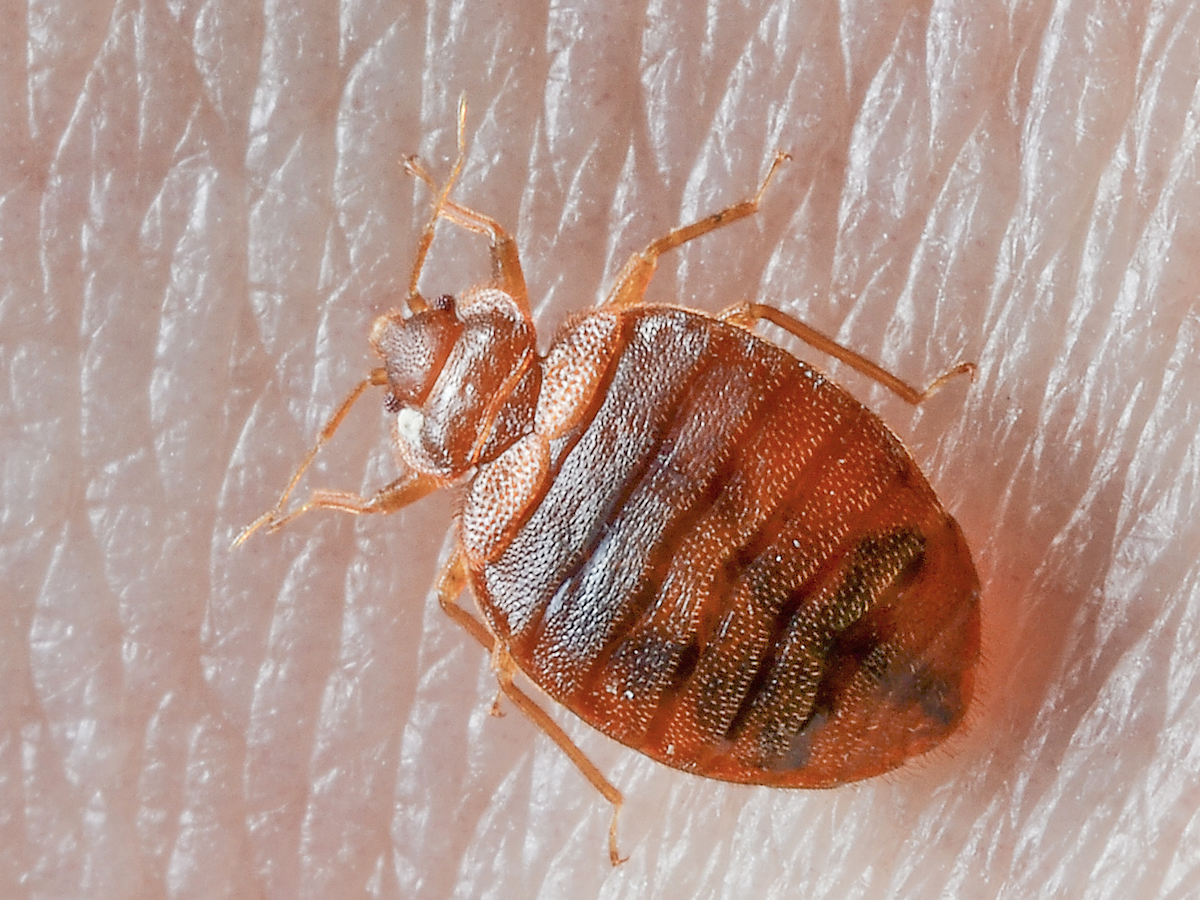
Bed bugs are small, flat, parasitic insects that feed on the blood of humans and animals. They are reddish-brown in color, wingless, range from 1mm to 7mm (roughly the size of Lincoln’s head on a penny), and can live several months without a blood meal. Bed bugs are experts at hiding and are found in almost every environment including homes, hotels, hospitals, and other dwellings. They can live in cracks and crevices, behind wallpaper, in furniture, and even in electrical switchplates. Bed bugs typically come out at night to feed on their hosts and are capable of surviving for long periods without food.
How Do Bed Bugs Survive?
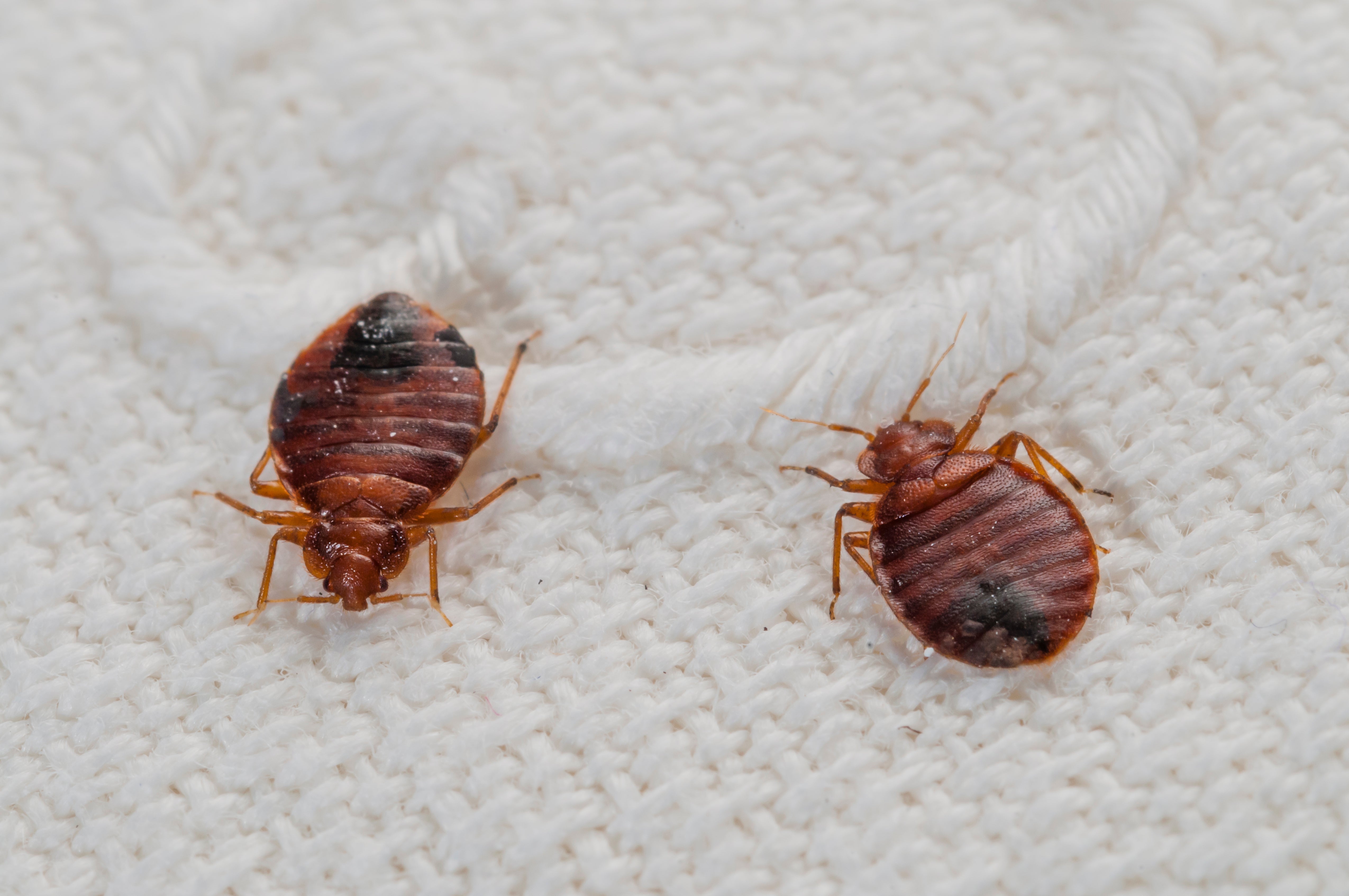
Bed bugs survive by hiding in cracks and crevices during the day and coming out to feed on human hosts at night. This is because they are nocturnal and need to feed off human hosts to survive. They can also survive for a few months without food, so they will try to find alternate hosts if necessary.
Their main source of food is human blood, but they will feed on other animals if necessary. They have piercing mouthparts that they use to puncture their host and suck out their blood. Bed bugs have an exoskeleton, which allows them to withstand heat and cold extremes, as well as other environmental factors.
Bed bugs also reproduce quickly, with females laying up to 500 eggs in their lifetime. The eggs can hatch within a week, and the nymphs (immature bed bugs) will molt several times before reaching maturity. They can survive for several months without a blood meal, so they can go dormant for a while until they find a suitable host.
| Survival Factors | Description |
|---|---|
| Hiding | Hide in cracks and crevices during the day |
| Feeding | Feed on human hosts at night |
| Food Source | Mainly feed on human blood, will feed on other animals if necessary |
| Exoskeleton | Withstand heat and cold extremes, as well as other environmental factors |
| Reproduction | Females lay up to 500 eggs in their lifetime |
| Molting | Nymphs molt several times before reaching maturity |
| Dormancy | Can survive for several months without a blood meal |
Bed bugs are able to survive by taking advantage of the environment and their ability to reproduce quickly. They are able to hide in cracks and crevices and come out to feed on human hosts when necessary. They can also withstand extreme temperatures and other environmental factors, as well as going dormant for months at a time if necessary. By understanding how bed bugs survive, you can better protect yourself and your home from an infestation.
Temperature
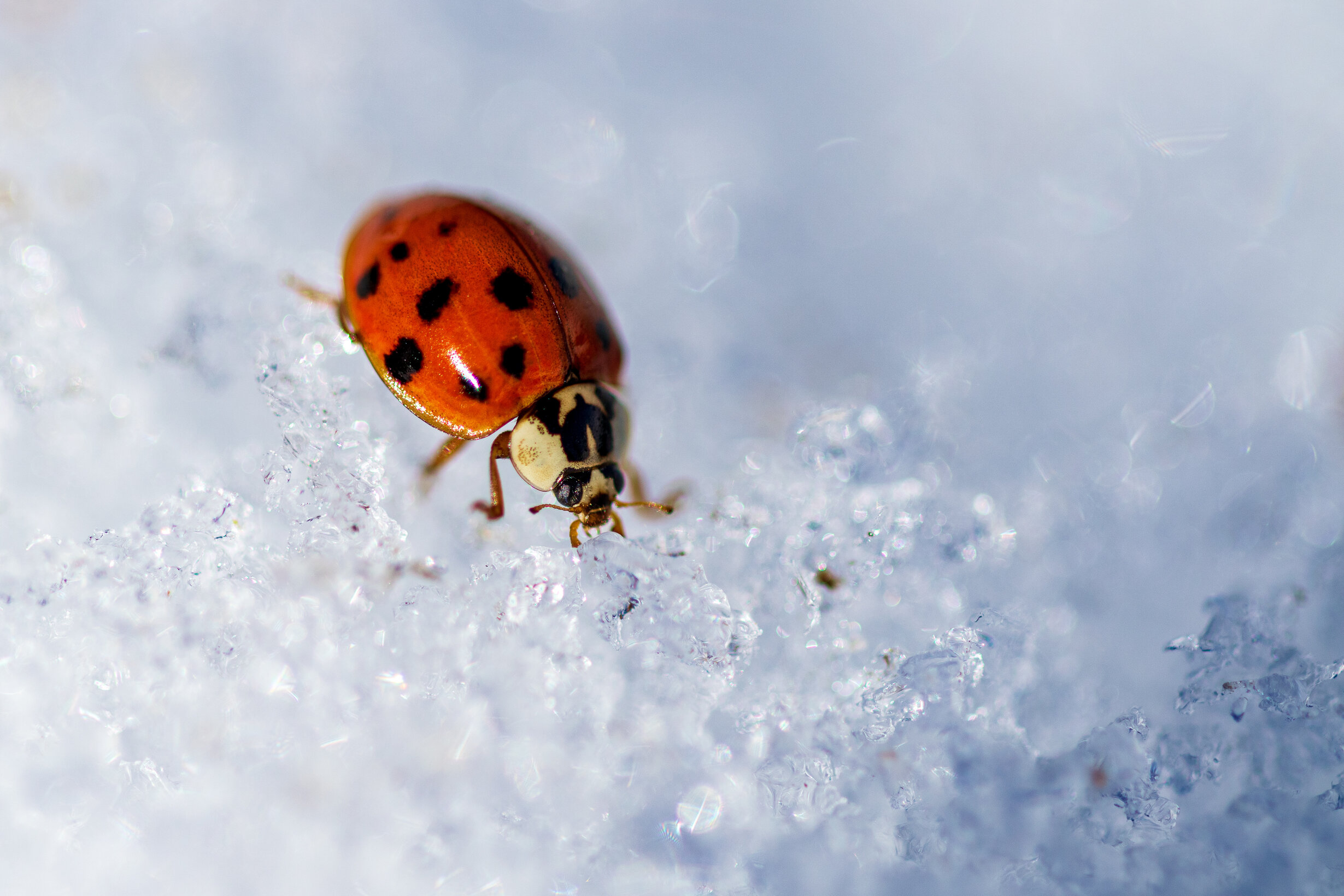
Bed bugs hate temperatures above 113°F (45°C). Higher temperatures can kill the bugs and eggs quickly. A few hours of exposure will usually do the trick.
Scent
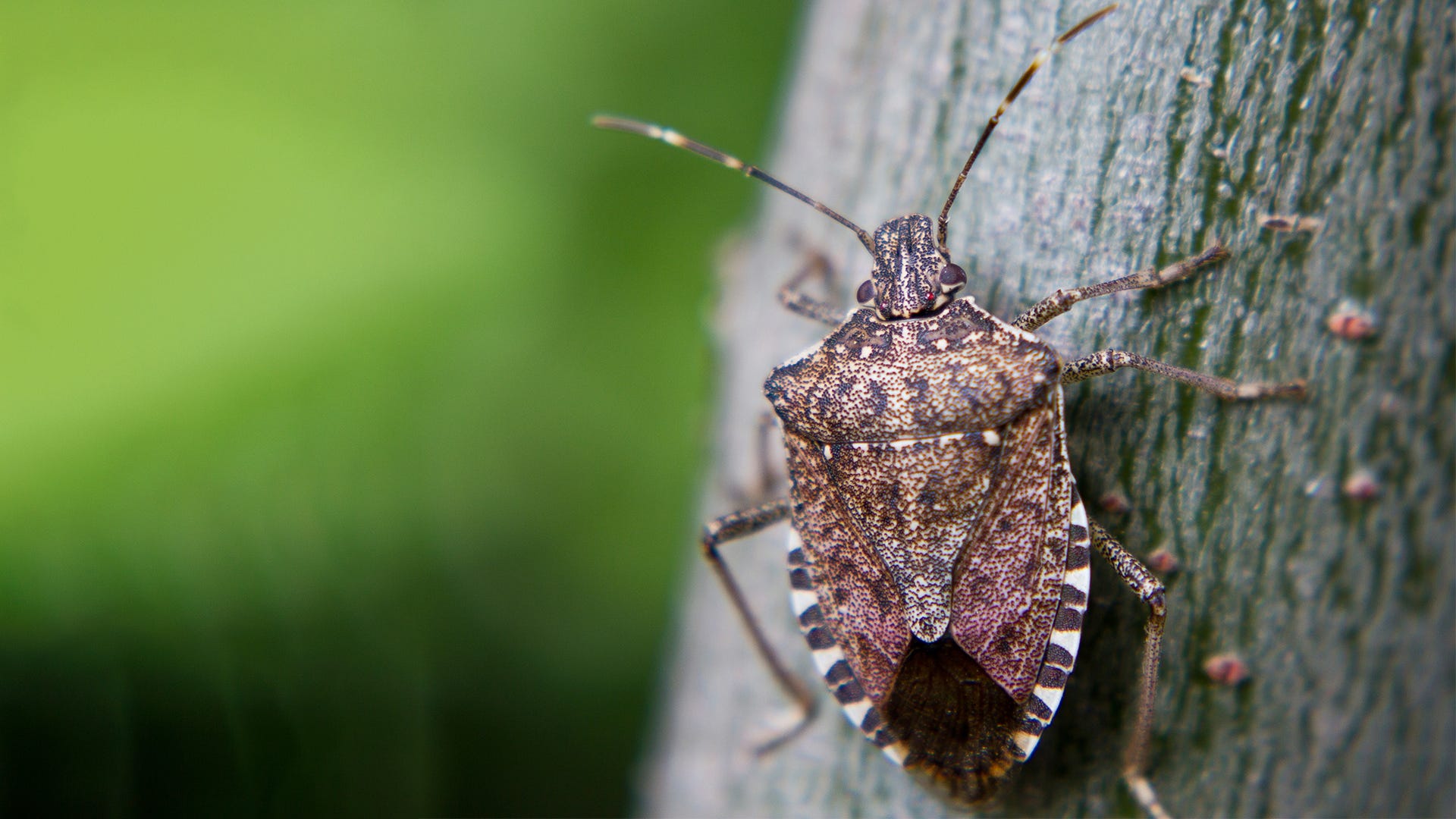
Certain scents are known to repel bed bugs. Examples include essential oils such as eucalyptus, lavender, peppermint, and tea tree oil. These can be used to make your own bed bug repellents.
Carbon Dioxide
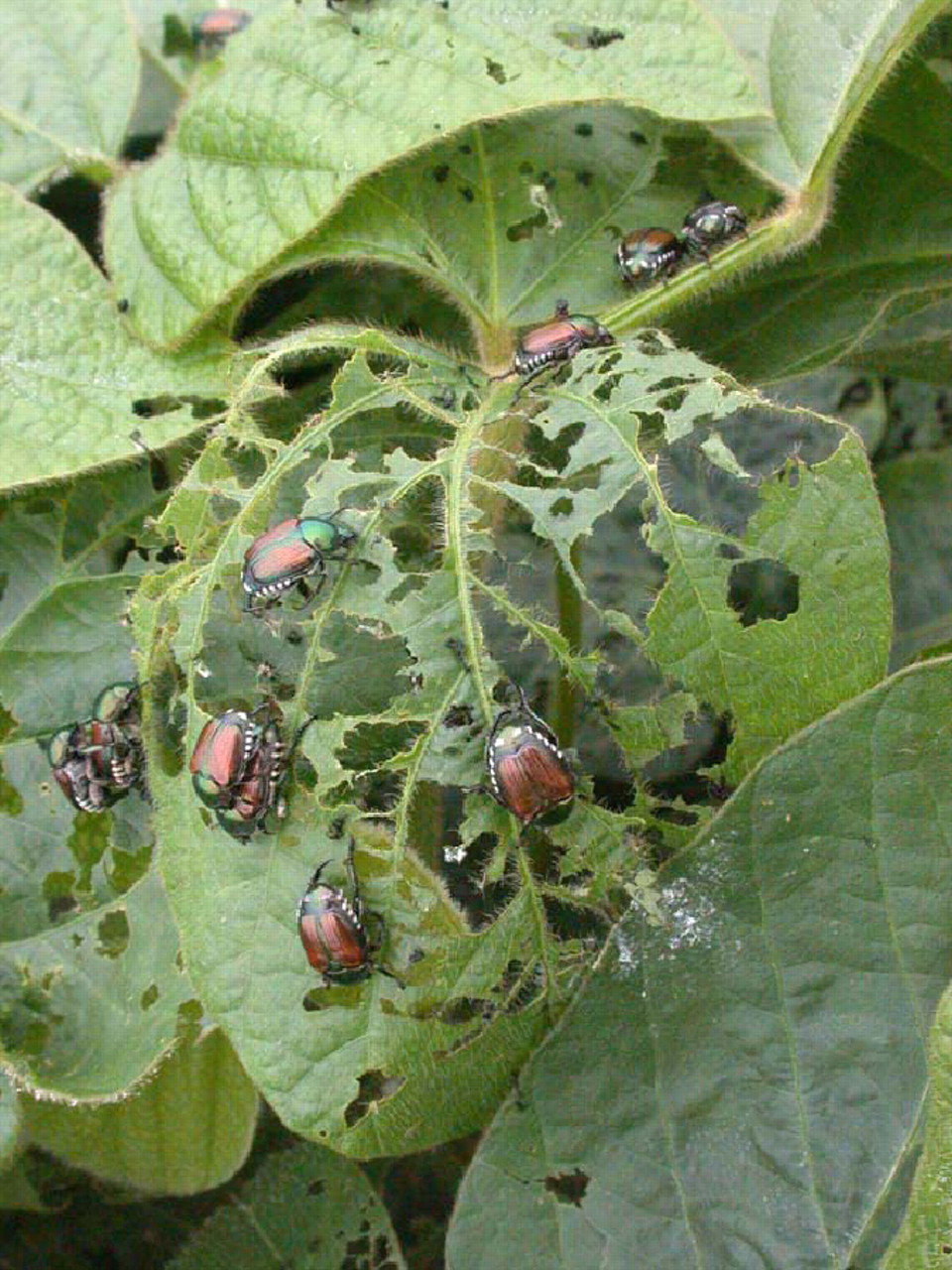
Bed bugs are attracted to the carbon dioxide we exhale. They’re drawn to warm bodies and the carbon dioxide we produce. Blocking the flow of carbon dioxide can help keep them away.
Common Bed Bug Repellents
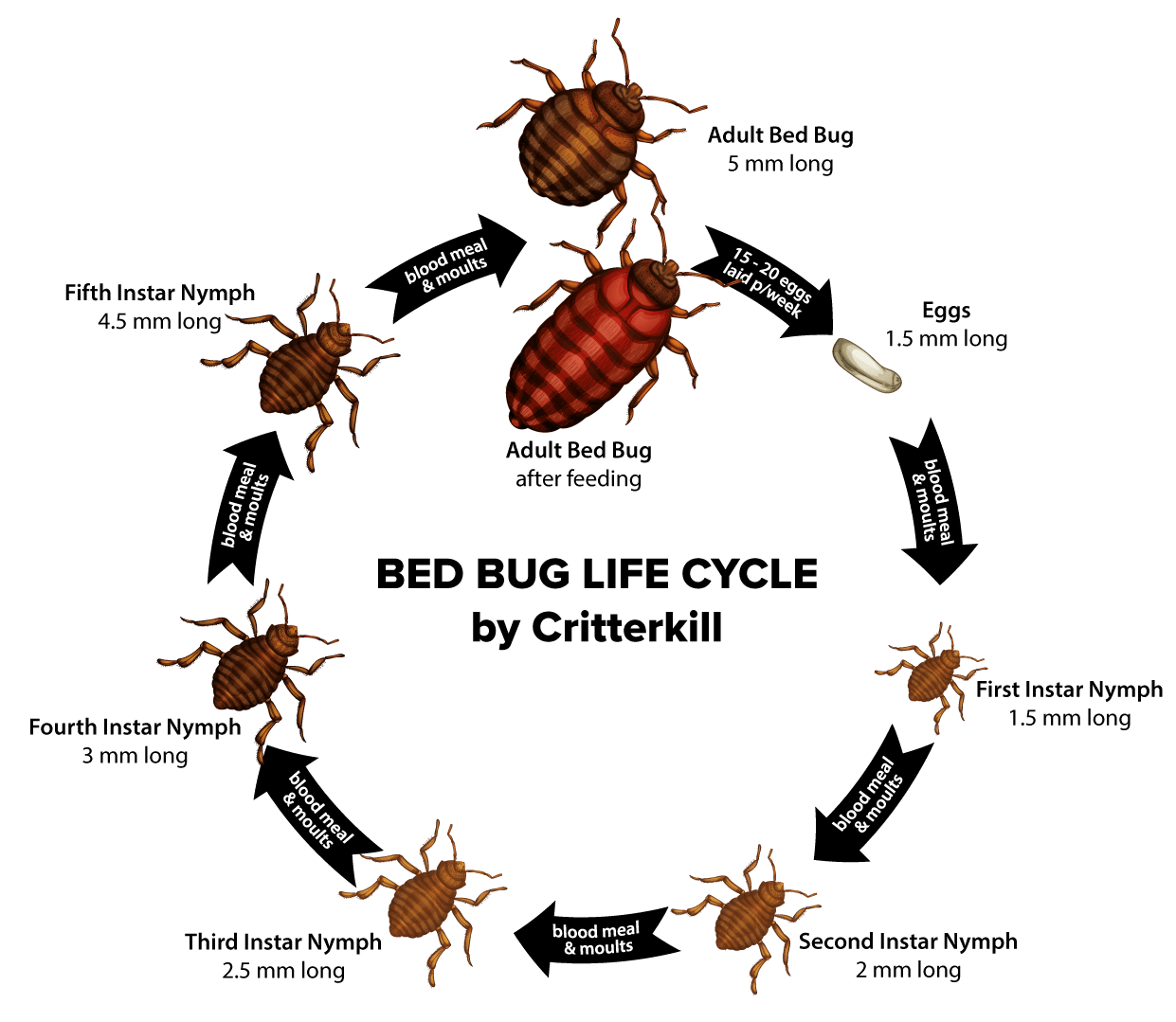
Common bed bug repellents include diatomaceous earth, silica gel, and cedar oil. These products contain microscopic particles that can damage the exoskeletons of bed bugs, making them unable to survive.
Contact With Insecticides
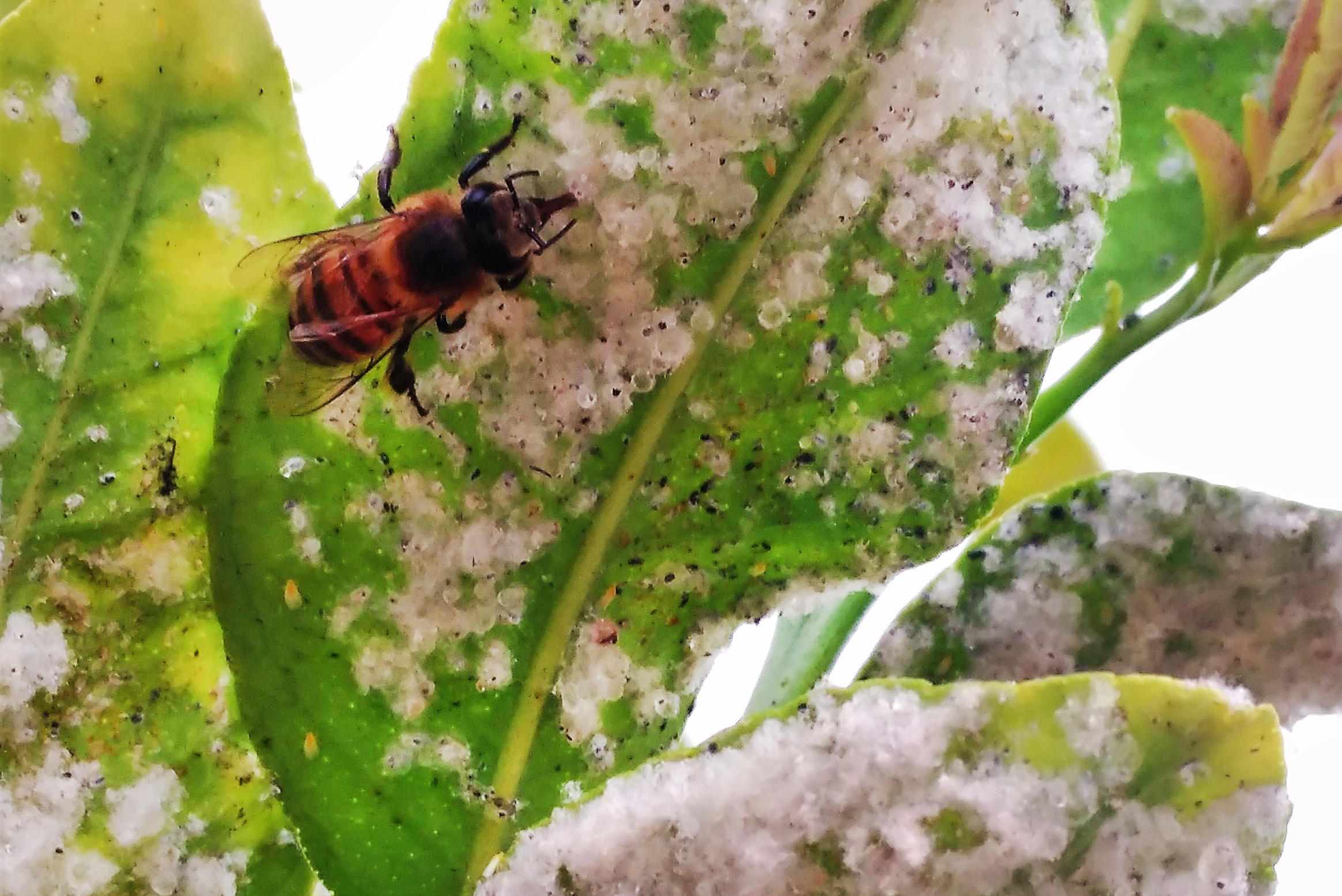
Insecticides can kill bed bugs, but they can also be dangerous to humans and pets. If you decide to use an insecticide, make sure to use it in well-ventilated areas and to follow the instructions carefully.
Can Bed Bugs Be Controlled?
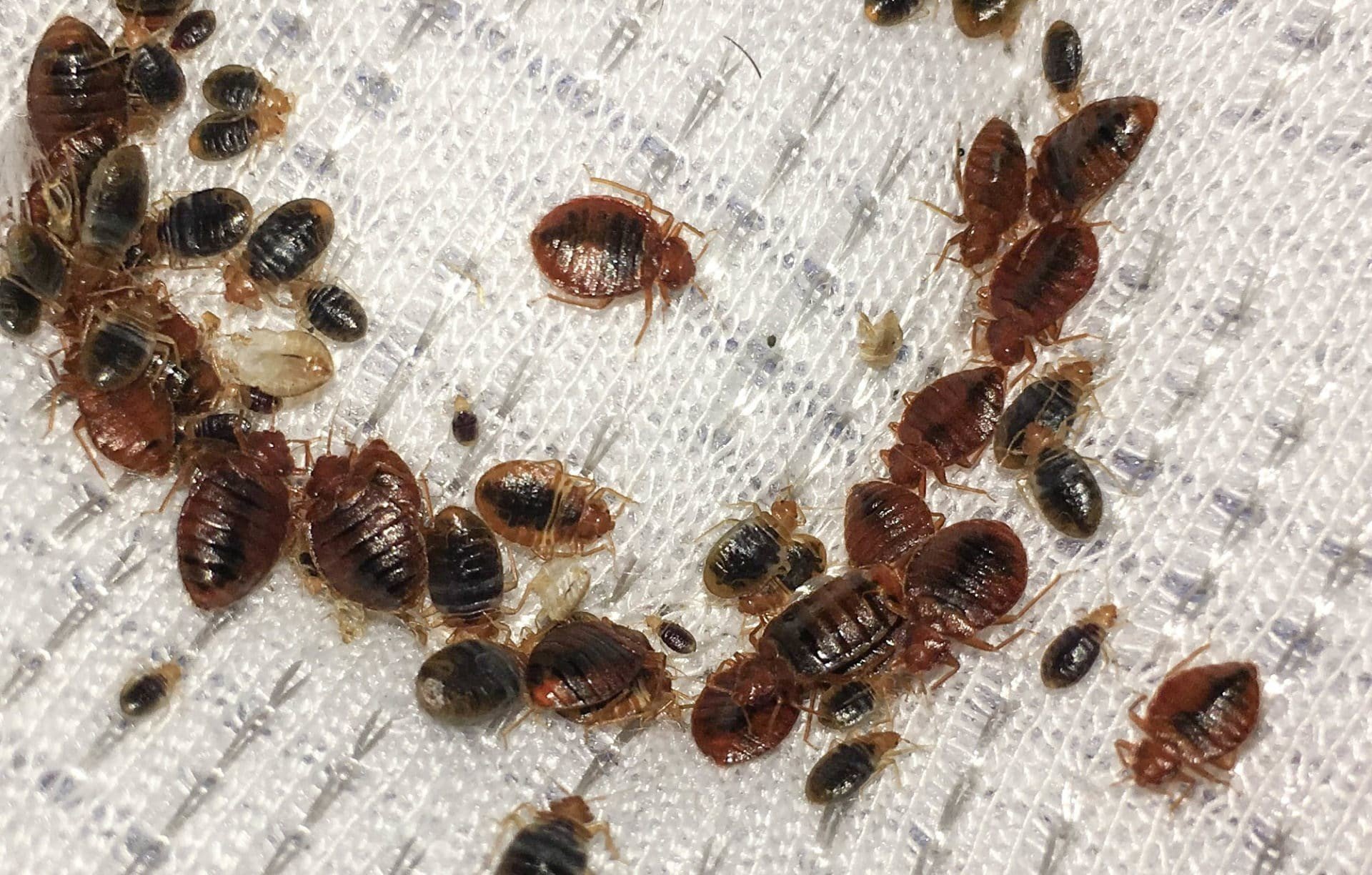
Bed bugs can be controlled, although it is a difficult process. The first step to controlling bed bugs is to identify them and determine where they are hiding. This can be done through visual inspections and using bed bug monitors. Once the bed bugs have been identified, the next step is to eliminate them. This can be done through the use of insecticides, heat treatments, vacuuming, and other methods. After the bed bugs have been eliminated, it is important to take measures to prevent a recurrence. This can include regularly vacuuming and inspecting bedding, using bed bug-proof mattress encasements, and reducing clutter. Taking these steps will help to ensure that bed bugs do not return.
What Are Some Natural Repellents For Bed Bugs?
- Citrus: Spraying or rubbing citrus solutions like lemon, orange, and lime juice on bedding and furniture can help repel bed bugs.
- Peppermint oil: This strong-smelling oil can be used as a natural bed bug repellent. It should be mixed with a carrier oil and applied to surfaces.
- Rosemary oil: Rosemary oil can also be mixed with a carrier oil and sprayed on furniture, bedding, and other surfaces to help repel bed bugs.
- Clove oil: Clove oil has a strong smell that can help repel bed bugs. It should be mixed with a carrier oil and applied to surfaces.
- Cinnamon oil: Cinnamon oil has a strong smell that can help repel bed bugs. It should be mixed with a carrier oil and applied to surfaces.
- Tea tree oil: This strong-smelling oil can be used as a natural bed bug repellent. It should be mixed with a carrier oil and applied to surfaces.
- Vinegar: Spraying vinegar on furniture, bedding, and other surfaces can help repel bed bugs.
These natural repellents can be used to help keep bed bugs away, but it is important to note that they may not be as effective as chemical treatments. If you are looking for a more effective way to get rid of bed bugs, it is best to consult a professional exterminator.
Are There Other Ways To Get Rid Of Bed Bugs?
Bed bugs are a nuisance, but there are several ways to get rid of them. Here are some of the most effective:
- Vacuum thoroughly. Vacuuming regularly is one of the best ways to remove bed bugs from carpets, furniture, and other surfaces. Vacuuming removes both the adult bugs and their eggs.
- Steam cleaning. Steam cleaning carpets and other surfaces is an effective way to kill bed bugs. The hot steam also helps to remove eggs and larvae.
- Use a bed bug spray. Bed bug sprays are formulated to kill bed bugs on contact. Sprays can be applied directly to infested areas, or to surrounding areas to prevent bed bugs from returning.
- Use a mattress cover. Mattress covers are designed to protect mattresses from bed bug infestations. The covers prevent bed bugs from entering the mattress and can help to prevent infestations from spreading.
- Contact a professional exterminator. If home remedies are not effective, it is best to contact a professional exterminator. Exterminators have access to more effective treatments, such as heat treatments, that can kill bed bugs quickly and effectively.
These are just a few of the ways to get rid of bed bugs. It is important to remember that bed bugs can be difficult to eradicate, so it is important to take the appropriate steps to make sure they are eliminated completely.
Frequently Asked Questions
What scent do bed bugs hate the most?
Bed bugs are highly sensitive to certain smells, and some scents are known to repel them. Strong odors such as mint, lavender, eucalyptus, and tea tree oil are known to ward off bed bugs. Cedar oil is also used to repel bed bugs. Vacuum bags that contain lavender or eucalyptus oil are also effective in discouraging bed bugs.
What Scents Can Be Used to Repel Bed Bugs?
Certain essential oils such as peppermint, lavender, tea tree, eucalyptus, and clove oil can be used to repel bed bugs. These oils contain compounds that are toxic to bed bugs and can be used to prevent them from taking up residence in your home. The oils can be applied to furniture, carpets, and other areas where bed bugs may hide. Additionally, some people have had success with using cedar oil, a compound found in cedar wood that can be used to repel bed bugs.
What do bed bugs not like that can be used to keep them away?
Bed bugs are repelled by certain smells, such as the scent of peppermint, lavender, eucalyptus, and citrus. Vacuum cleaners, steam cleaners, and other home cleaning agents can be used to keep bed bugs away as well. Bed bugs also cannot stand heat, and dryers can be used to kill them. Additionally, bed bug-proof mattress and box spring encasements can be used to prevent an infestation. These encasements are specially designed to keep bed bugs from entering or escaping the mattress or box spring.
What Smells Do Bed Bugs Hate?
Bed bugs hate strong odors, such as peppermint, eucalyptus, tea tree oil, lavender, and cinnamon. These scents can be used to repel bed bugs and help keep them away from your living space. Vacuuming and steaming can also help to keep bed bugs away. Additionally, using diatomaceous earth can help to kill bed bugs and keep them away.
What are some surprising ways to keep bed bugs away?
Bed bugs are persistent pests and can be difficult to get rid of. But there are some surprising ways to keep them away. Vacuuming regularly can help get rid of bed bugs and their eggs. Washing bedding and clothes in hot water and drying them on high heat can kill bed bugs and their eggs. Placing bedding, furniture and any other items that may have been exposed to bed bugs in a dryer on high heat for at least 30 minutes can also kill them. Additionally, encasing mattresses and box springs in mattress and box spring covers can help keep bed bugs from infesting the bed. Finally, using diatomaceous earth in cracks, crevices and other areas where bed bugs may hide can help keep them away.
Conclusion
Bed bugs can be a nuisance and a health hazard in any home. Taking preventive measures and using natural remedies are the best way to keep bed bugs away. Keeping the home clean, vacuuming regularly, using essential oils, and using special bed bug covers can all make a difference. It’s also important to inspect any second-hand furniture or items before bringing them into the home. With the right approach, it is possible to keep bed bugs away.
- What Do Bed Bugs Hate? by diatomaceous-earth.com
- Bed Bug Prevention Tips by Terminix.com
